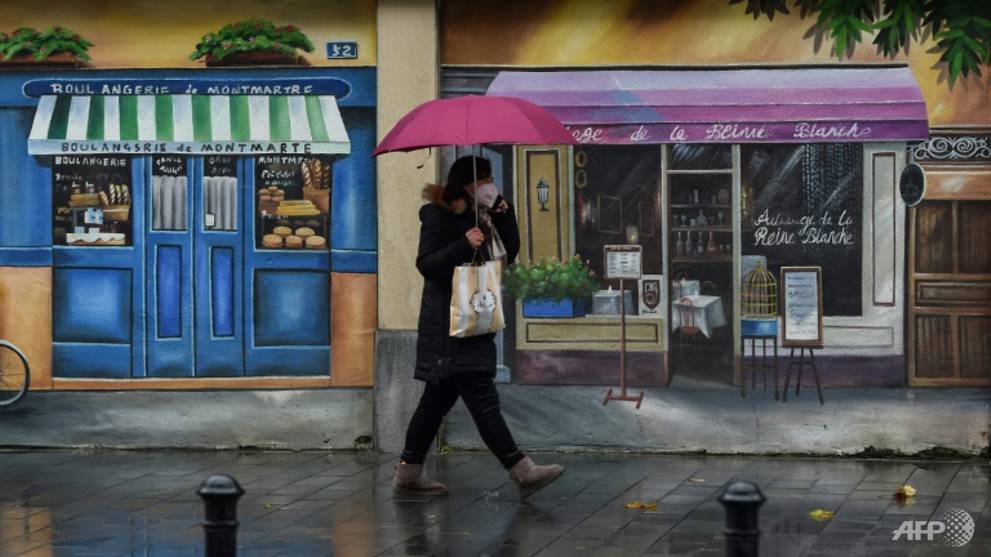
Commentary: Jiayou! A community in crisis but Wuhan residents fight back with calls for solidarity
by Yvonne SuQuarantined residents at the epicentre of the Wuhan coronavirus epidemic are rallying together even though they have had to be isolated to prevent a further spread of the deadly virus, says Yvonne Su.
GUEPLH, Ontario: In Wuhan, China, the epicentre of the coronavirus outbreak, residents have been shouting “Wuhan jiayou” meaning, “Wuhan, stay strong” out of their windows, from apartment building to apartment building, to send words of encouragement to fellow citizens, doctors and medical staff at the front lines of the battle.
When facing a crisis, humans historically seek solidarity. Community solidarity is often seen as a great way for the community to feel alive and charged with energy after facing hard times.
This solidarity was seen after Hurricane Katrina in New Orleans in 2005 and after Typhoon Haiyan in the Philippines in 2013.
More recently, there are tales of neighbours shovelling each other out of their homes after the historic snowstorm in Canada. Near Manila, strangers offered up their homes to evacuees of the Taal volcano eruption.
But how do you show community solidarity in the face of a crisis when speaking with your neighbours — and coming together — could literally kill you?
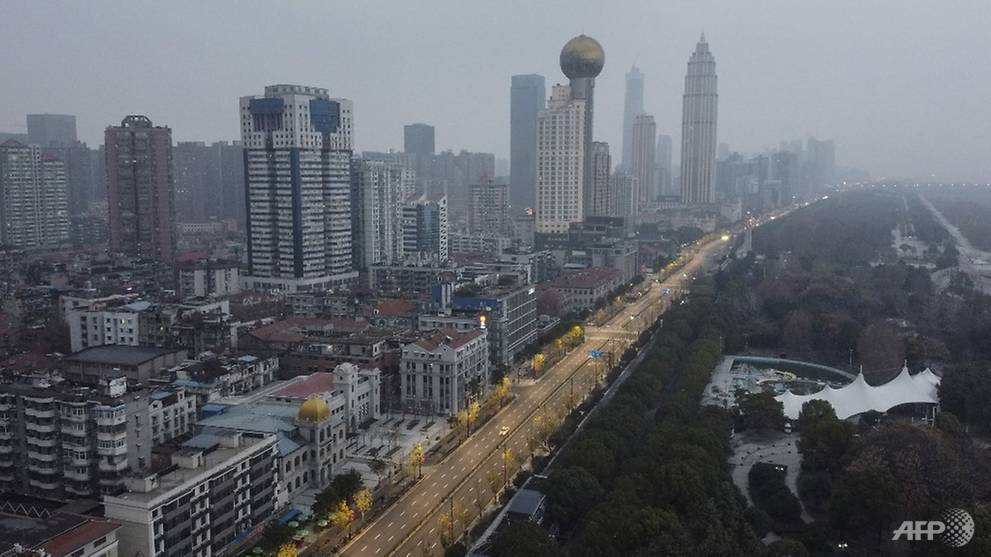
READ: Commentary: When can we expect a vaccine for the Wuhan virus?
READ: Commentary: Why the Wuhan virus situation could get worse soon
BOOSTING MORALE
As the 11 million citizens in Wuhan entered the sixth day under lockdown because of the coronavirus, people have been forced to stay indoors to limit their contact with others. As fears grew, some felt the need to boost morale and create a sense of community solidarity.
Soon, social media posts circulated asking residents in Wuhan to go to their windows and shout out “jiayou” starting at 8 pm local time. The posts were widely shared, leading to the phenomenon that took place.
Jiayou directly translates to “add oil” in a way that might mean “add gasoline to your car” so you can continue to push hard and do what you need to do. In a general sense, the sentiment is “stay strong” or “keep going”. Jiayou is a common phrase used to encourage someone if they are facing a challenge.
As the city of Wuhan faces the life and death challenge of the coronavirus, jiayou works as a phrase that resonates with residents of a city struggling to survive.
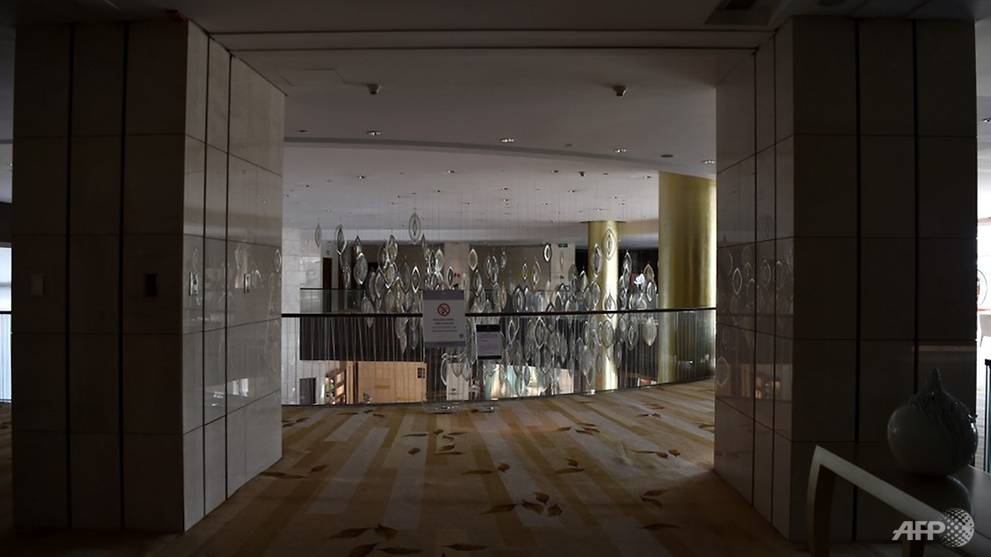
Wuhan jiayou is now the motto of Wuhan to keep spirits high in the face of this spreading pandemic.
In addition to raising morale and giving a strong sign of life to a city that has been rendered a ghost town, the jiayou chants have also served another purpose: For the global media audience, it has helped to humanise the citizens of Wuhan.
READ: 'I'm in an apocalypse': American student trapped in virus-hit Chinese city
READ: In photos: Life in the virus-stricken 'ghost town' of China's Wuhan
APOCALYPTIC FEAR
Even with the exceptional stories like the reporting of “Wuhan jiayou” by the BBC and the Guardian, however, many media outlets still inevitably contribute to reducing the people at the core of these stories into numbers and statistics.
So far, it seems, with a few exceptions, the global mainstream media has focused on medical and scientific stories. The images and videos shared of Wuhan are of a ravaged and scary ghost town.
Some include videos of overflowing hospitals and medical staff in heavy protective gear. Others have spread stories of apocalyptic fear. Many social media posters have engaged in fear mongering.
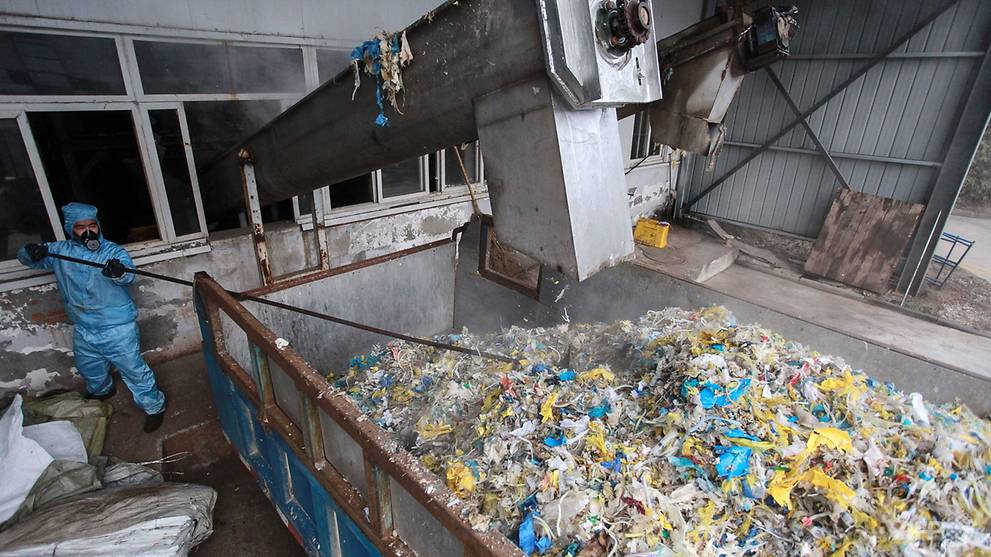
LISTEN: Wuhan virus – The WHO, Singapore's infectious diseases authority and a global outbreak expert answer your burning questions
With all this, it can seem that few have treated the citizens of Wuhan as anything but potential carriers of the virus.
While these videos and images depict the reality of a city dealing with a pandemic, the face masks and crowded hospitals allow viewers to overlook the silent majority — the tens of millions of people in self-isolation at home.
The jiayou chant and the videos that captured it have since gone viral. It is a way for citizens to reclaim their narrative. It also draws attention to the millions of diligent and law-abiding citizens who are doing their job in fighting this pandemic and encouraging others to keeping going in this fight against an invisible virus.
READ: Commentary: Allowing employees to work from home can help South Korea manage the Wuhan virus
READ: Commentary: SARS was scary, but the experience was invaluable in shaping our Wuhan virus response
I believe the humanisation of Wuhan citizens can help send a wake-up call to the world about the plight of those not infected but isolated in their homes.
Many countries are focusing on whether the virus will spread to local communities. Few may have stopped to think of those in lock down in Wuhan and other cities in China.
CO-OPTING OF NARRATIVES
Most recently, in Wuhan, Premier Li Keqiang’s visited a Wuhan supermarket where the coronavirus allegedly originated. In an act of solidarity, he chanted “Jiayou Wuhan” with a crowd of shoppers to encourage them to continue fighting the coronavirus.
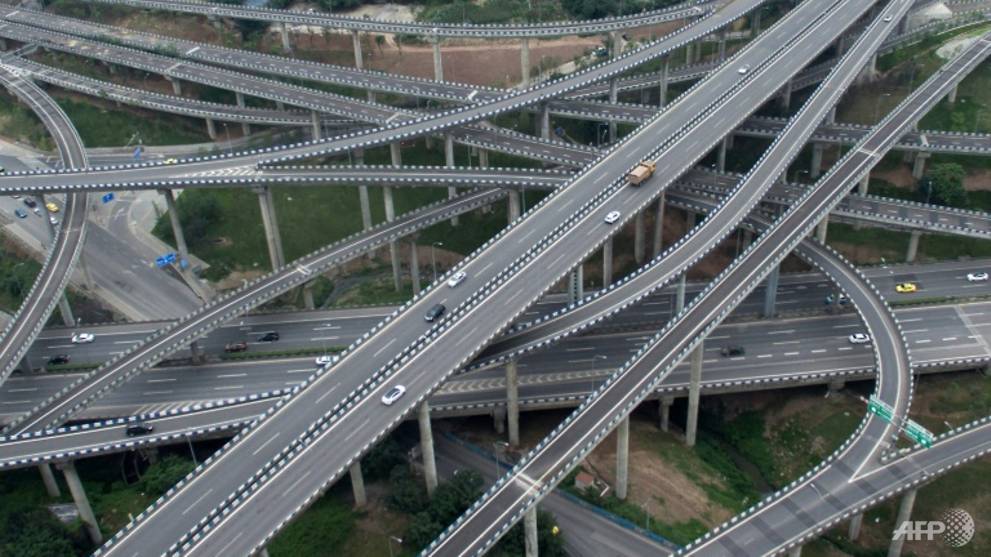
READ: Commentary: Wuhan virus - when social media and chat groups complicate crisis communication
But in this act also lies signs of how such acts of solidarity can be co-opted by government bodies.
This type of co-opting was observed in the exaggerated use of “resilience” and “survival” narratives after Typhoon Haiyan in the Philippines to paint a picture of a rapidly recovering community doing well by being resourceful and helping each other.
These narratives of community resilience pushed forth by official government messages can act to shift attention away from the state and international humanitarian organisations that have formal responsibilities in disaster risk reduction and recovery.
Thus, Premier Li Keqiang was able to use the peoples’ chant, “Wuhan jiayou” to rally support in the grocery store. But he did not create a space for questions about accountability and government action.
This is often the double-edged sword of community solidarity: It is powerful, but it can also be appropriated by the powerful.
BOOKMARK THIS: Our comprehensive coverage on the Wuhan Coronavirus and its developments
Download our app or subscribe to our Telegram channel for the latest updates on the Wuhan virus outbreak: https://cna.asia/telegram
Yvonne Su has a PhD in International Development and Political Science from the University of Guelph. This commentary first appeared in The Conversation.
Stay on top of the news with CNA newsletters
Invalid email address
It looks like the email address you entered is not valid.
Try Again This service is not intended for persons residing in the EU. By clicking subscribe, I agree to receive news updates and promotional material from Mediacorp and Mediacorp's partners. Subscribe